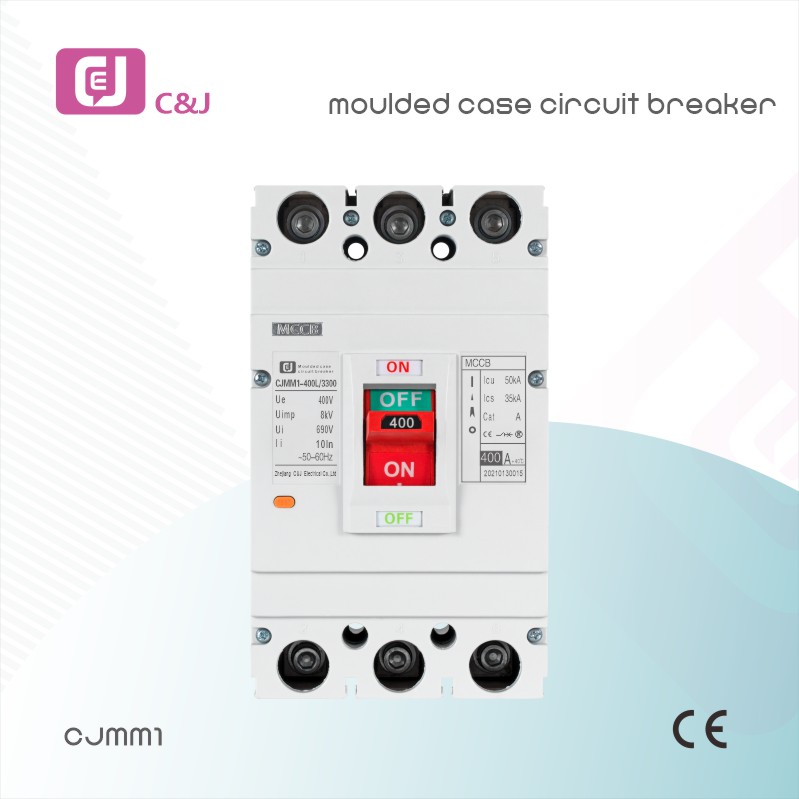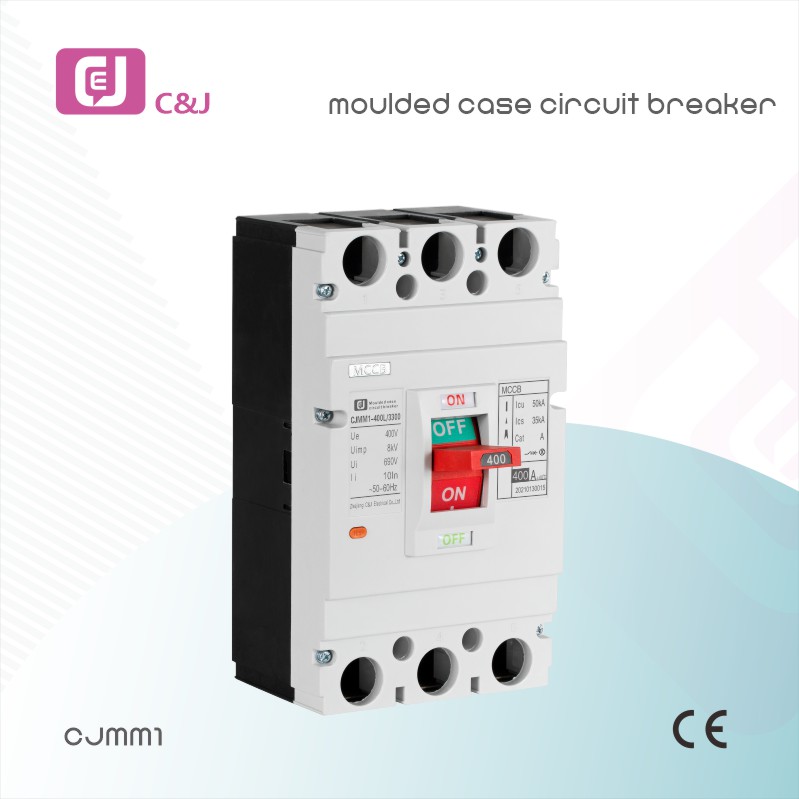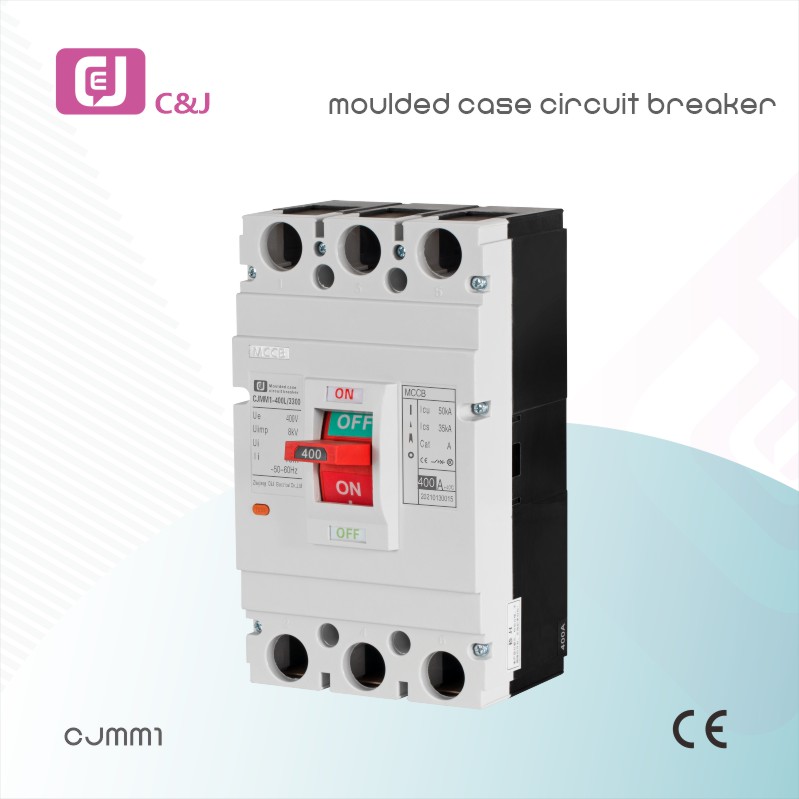Molded case circuit breaker: an essential component in electrical systems
In the field of electrical engineering and power distribution, molded case circuit breakers (MCBs) are key components for ensuring safety and reliability. The devices play a critical role in protecting circuits from overloads and short circuits and are an integral part of modern electrical systems.
What is a molded case circuit breaker?
A molded case circuit breaker is an electromechanical device designed to protect an electrical circuit by interrupting the flow of current in the event of a fault. It is enclosed in a rugged molded case that provides insulation and durability. Molded case circuit breakers are equipped with a device that detects overcurrent and automatically trips, thereby preventing potential damage to electrical equipment and reducing the risk of fire.
Main features of molded case circuit breakers
1. Overload protection: One of the main functions of a miniature circuit breaker (MCB) is to prevent overload. When the current exceeds the rated capacity, the MCB will trip, cutting off the power supply to prevent overheating of wires and equipment.
2. Short Circuit Protection: When a short circuit occurs, the miniature circuit breaker (MCB) reacts almost instantly to disconnect the circuit. This quick response is critical to minimizing damage to electrical components and ensuring safety.
3. Adjustable Settings: Many molded case circuit breakers come with adjustable settings that allow users to tailor the trip current to the specific requirements of their electrical system. This flexibility makes miniature circuit breakers suitable for a wide range of applications.
4. Compact Design: The molded case design not only provides protection but also enables compact installation. This is especially beneficial in environments with limited space.
5. Easy to maintain: Miniature circuit breakers (MCBs) are designed for easy operation and maintenance. They are resettable after tripping, simplifying the process of restoring power without the need for replacement.
Application of Molded Case Circuit Breakers
Molded case circuit breakers are used in a wide variety of applications, including:
- Industrial Settings: In factories and manufacturing plants, MCBs protect machinery and equipment from electrical faults, ensuring smooth operation and minimizing downtime.
- Commercial Buildings: Office buildings and retail spaces utilize MCBs to protect electrical systems and provide reliable power for lighting, HVAC systems, and other essential services.
- Residential Use: Homeowners benefit from miniature circuit breakers because they can protect household appliances and wiring from electrical hazards, thus helping to improve the overall safety of the residential environment.
Advantages of using molded case circuit breakers
Molded case circuit breakers offer numerous advantages. They have a high degree of protection, are easy to install and maintain, and have flexible settings. In addition, their compact design makes them suitable for a wide range of applications, from industrial to residential.
Furthermore, MCBs improve energy efficiency by preventing unnecessary power loss due to faults. This not only helps reduce electricity bills but also promotes a more sustainable way of consuming energy.
In conclusion
In summary, molded case circuit breakers are essential components in electrical systems, providing critical protection against overloads and short circuits. Their rugged design, ease of use, and versatility make them a top choice for a wide range of applications. As electrical systems continue to evolve, the importance of miniature circuit breakers in ensuring safety and reliability cannot be overstated. Investing in high-quality molded case circuit breakers is a proactive step to protect power infrastructure and improve overall operational efficiency.
Post time: Jul-17-2025




